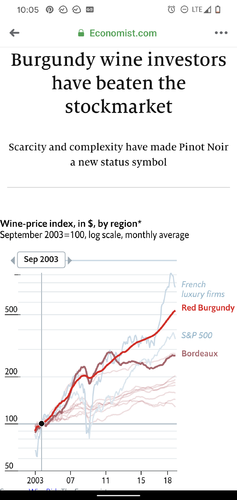NEWHunter
Well-known member
I’ll take a stab at when. Spring break is starting. There’s a lot of folks, especially college kids that aren’t going to take this thing seriously. They’ll travel all over in the coming weeks, along with many families, and cases in the US will grow exponentially. The end of April, we’ll see the real impact on the US. Markets will sort this out and sometime in the first part of May we’ll hit bottom.So, does anyone want to predict where the bottom is?
And for the next two months I’ll be wishing I had the balls to sell today.





